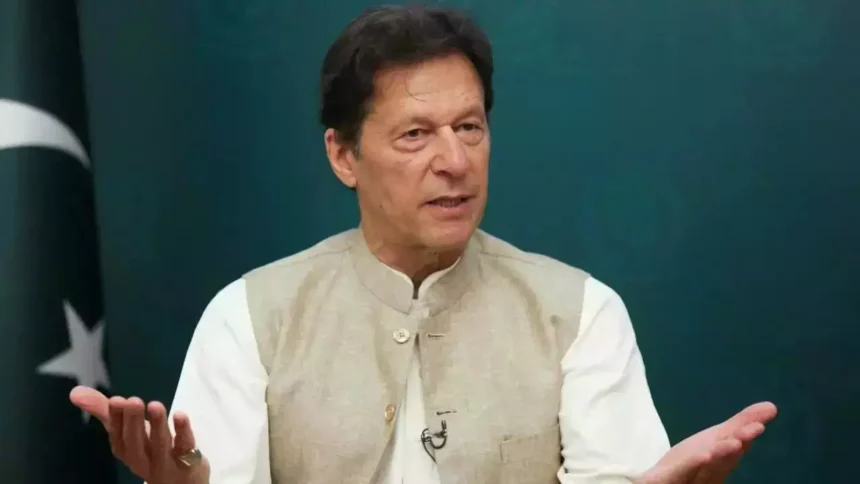A significant number of dissatisfied leaders who have resigned from Pakistan’s former Prime Minister Imran Khan’s party have united to form a new political party with military backing. This new party aims to contest the upcoming general elections, which are expected to take place in October.
The prominent figure leading this group of disillusioned leaders is Jahangir Khan Tareen (JKT), a wealthy businessman and old friend of Imran Khan. Tareen, along with numerous other politicians who left Imran Khan’s Pakistan Tehreek-e-Insaf (PTI) party following recent attacks on military installations, has gathered more than 100 former PTI stalwarts and legislators to join his cause.
On Wednesday, these defectors officially pledged their allegiance to Tareen, who is preparing to launch the “Istehkaam-i-Pakistan Party” (IPP). With over 120 former leaders and lawmakers from PTI joining his ranks, Tareen is set to make a significant impact on the political landscape.
The decision of these prominent leaders to break away from Imran Khan’s party stems from their dissatisfaction with the handling of recent attacks on military installations. These incidents seemingly triggered a wave of disillusionment within the PTI ranks, leading to resignations and a loss of confidence in Khan’s leadership.
Jahangir Khan Tareen, a prominent sugar baron and influential figure in Pakistani politics, has long been a close ally of Imran Khan. However, the recent events have strained their relationship, ultimately culminating in Tareen’s decision to part ways and form a new party.
The establishment of the Istehkaam-i-Pakistan Party signals a potentially formidable challenge to Imran Khan’s PTI in the upcoming general elections. The new party’s military backing is expected to add weight to its campaign and attract a significant voter base disillusioned with PTI’s performance.
While details of the IPP’s policy platform and ideology are yet to be fully unveiled, it is expected that the party will position itself as a strong alternative to PTI, capitalizing on the frustrations of former PTI members who have joined Tareen’s ranks. The new party will likely emphasize its commitment to national security and stability, given the military backing it enjoys.
The formation of the IPP and the defection of over 100 PTI leaders highlight the challenges faced by Imran Khan’s party ahead of the general elections. Losing a significant number of experienced politicians and lawmakers could weaken PTI’s electoral prospects and pave the way for a more competitive political landscape.
As the general elections approach, all eyes will be on the new military-backed party and its ability to mobilize support. The IPP’s success will depend on its ability to effectively communicate its vision, attract voters disillusioned with the PTI, and convince the electorate of its potential to govern.
For Imran Khan and his PTI, this development poses a significant challenge, as they must now work to consolidate their support base, address the concerns of dissatisfied members, and present a compelling case to the electorate for their continued leadership.
The emergence of the Istehkaam-i-Pakistan Party and the alliance of disgruntled former PTI leaders under Jahangir Khan Tareen’s leadership injects a new dynamic into Pakistan’s political landscape. The upcoming general elections are likely to witness a fiercely contested battle between the PTI and the newly formed IPP, ultimately shaping the future direction of the country.




